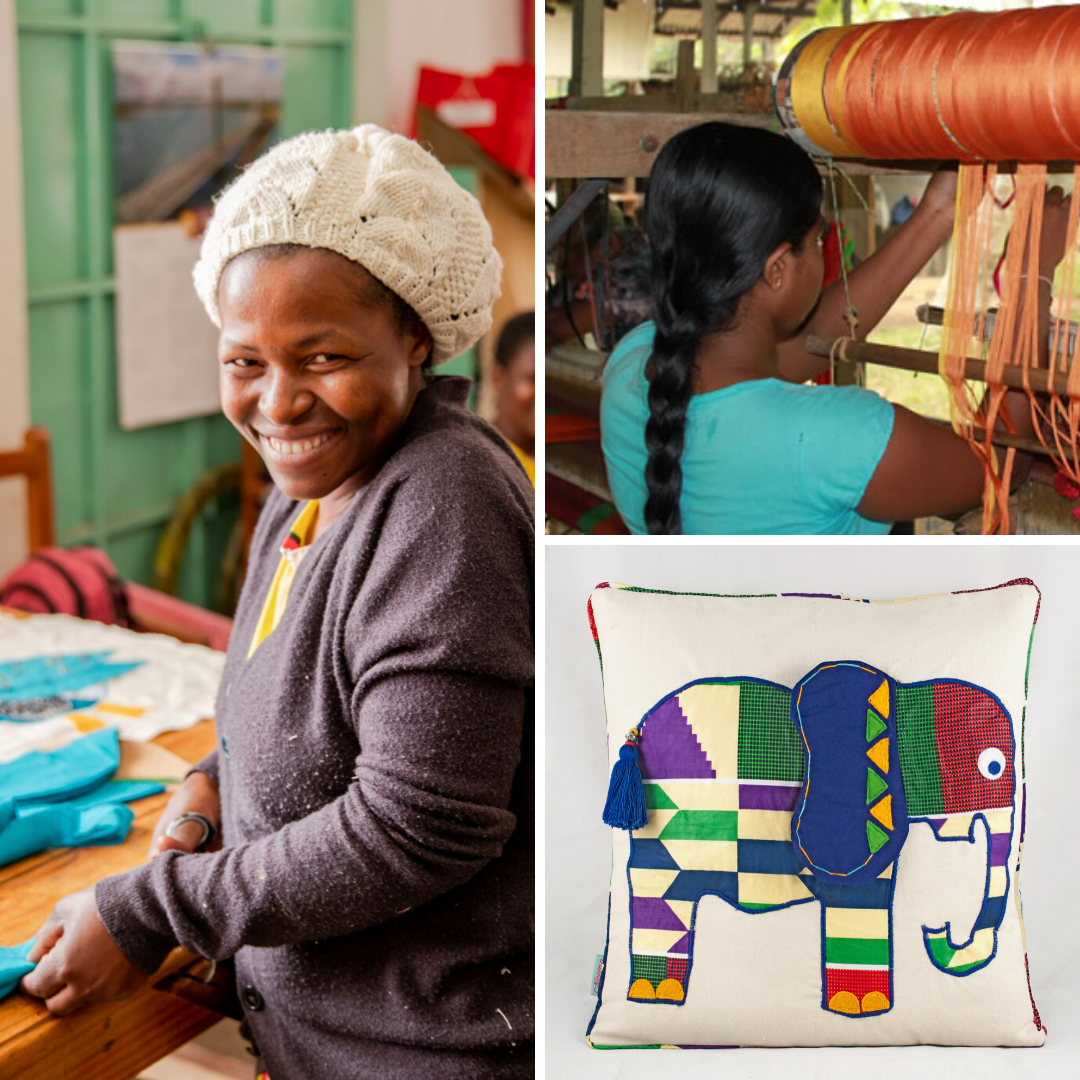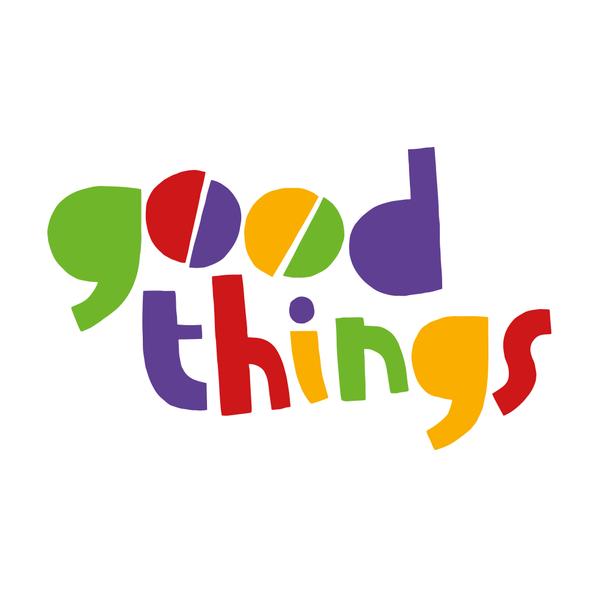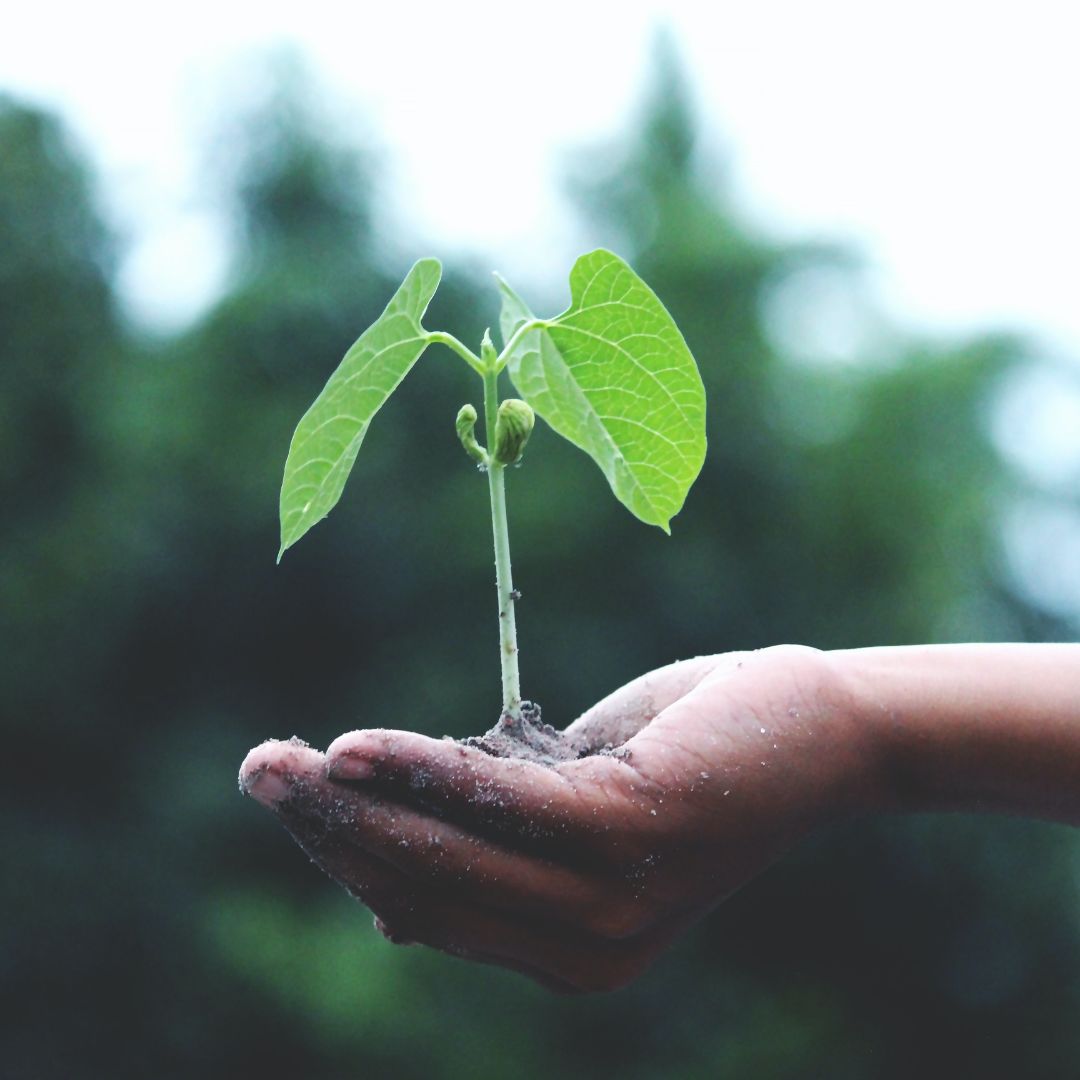
Fairtrade Fortnight: What is Fair Trade and Why Does it Matter?
Share
In a world that needs kindness, buying Fair Trade is one way you can make a big difference. But what does Fair Trade actually mean? And what difference does Fair Trade really make?

- What's the difference between Fair Trade and Fairtrade?
- The definition of Fair Trade
- What does Fair Trade mean in real terms?
- The ten principles of Fair Trade
- Why does this matter?
- Fair Trade at Good Things
Explore hundreds of ethical and sustainable Fair Trade products at Good Things.
What's the difference between Fair Trade and Fairtrade?
Good question, and one I was asking not long ago. Essentially Fair Trade (two words) is about how things are produced and Fairtrade (one word) is about what things are made from.
Fair Trade is about making sure the way the products are made is fair, and this is certified by organisations like the World Fair Trade Organisation (WFTO) or the British Association of Fair Trade Shops and Suppliers (BAFTS).
The Fairtrade Foundation accredits particular ingredients and sets a minimum fair price for them. You might have seen the Fairtrade Foundation logo on products like coffee, chocolate, cotton and sugar - or products containing these ingredients. Find out more about the Fairtrade Foundation and what they do.
Here we'll look further into Fair Trade.

Above: Weaving Hope make beautiful hand-loomed cotton toys in Sri Lanka - accredited by the British Association of Fair Trade Shops and Suppliers (BAFTS). Their supplier in Sri Lanka reinvest profits into health education and skills training in rural areas
The definition of Fair Trade
The globally recognised definition of Fair Trade, according to the World Fair Trade Organisation:
"Fair Trade is a trading partnership, based on dialogue, transparency and respect, that seeks greater equity in international trade. It contributes to sustainable development by offering better trading conditions to, and securing the rights of, marginalized producers and workers – especially in the South.
Fair Trade Organisations have a clear commitment to Fair Trade as the principal core of their mission. They, backed by consumers, are engaged actively in supporting producers, awareness raising and in campaigning for changes in the rules and practice of conventional international trade."
So what does that mean?

Fair trade means paying fair prices for the products we buy and the work and skill involved in making them. It means ensuring those producers are working in safe and healthy conditions. Fair Trade promotes responsible production and consumption, with respect for the environment and using sustainable practices. You can be confident Fair Trade products have not been made using child labour or forced labour. Fair Trade organisations must be inclusive and cannot discriminate based on factors like age, ethnicity or HIV status. Crucially Fair Trade empowers, creating fairer trading relationships, rather than exploiting those who are poorer or in a weaker bargaining position.

Above: Clemence makes handmade cards from recycled materials at Cards from Africa. This Fair Trade organisation supports young, orphaned adults in Rwanda. Many of the young card-makers missed years of school because of the civil war during their childhood. The organisation develops young adults' confidence and life skills, while also providing fairly paid work in good conditions. For many this experience is a vital stepping stone out of poverty and into a new career. Find out more about No Ordinary Greetings Card: How Cards From Africa Are Changing Lives Through Fair Trade
The Ten Principles of Fair Trade
Fair Trade organisations must be committed to the ten principles of Fair Trade.

Find out more about the 10 principles of Fair Trade.
And why does this matter?
So what impact does that have? Actually a major one. What you buy and choosing to support Fair Trade suppliers has a significant impact - for people and the planet. Choosing Fair Trade products is a relatively simple way to make a positive change as part of your day-to-day life.
Fair Trade ends poverty
No forced labour or child labour
Around the world a staggering 152 million children are victims of child labour and 40.3 million people are in modern slavery. Buying Fair Trade means you can be sure no one was coerced to work against their will. Producers must adhere to the UN Convention on the Rights of the Child, meaning children are protected from economic exploitation.
When parents and carers are paid a fair wage their children can stay at school for longer because there's less financial pressure on the family and this income can contribute towards school fees.
Fair Trade cultivates gender equality
74% of those in Fair Trade enterprises are women. Astonishingly 52% of of these organisations' CEOs are women too. This compares to 5% of CEO positions being held by women in companies in the UK, Europe and the US.
Women in Fair Trade organisations must be paid the same as men for equal work, and must also have opportunities to have active roles and take up leadership positions within the organisation.
Find out more about breaking the bias and how we support enterprises empowering women in our International Women's Day blog.
Fair work without discrimination
Fair Trade organisations must not discriminate against employees or members based on race, caste, national origin, religion, disability, gender, sexual orientation, union membership, political affiliation, HIV/Aids status or age.
While this might be something we expect - or at least know we can appeal against - here in the UK, in other parts of the world this isn't necessarily the case.
Fair Trade supports those on the front line of the climate crisis
The climate crisis is the biggest threat to the livelihoods of millions of small-scale farmers and workers in low-income countries worldwide. Fair Trade amplifies the voices of communities hardest hit by the climate crisis, and gets more money to them.
Safe work
Importantly Fair Trade accredited organisations must also ensure a safe and healthy working environment for their employees or members. Fair Trade organisations work to promote and improve practices.
Fair Trade respects the environment
Fair Trade organisations use sustainably sourced materials where possible. An increasing number of Fair Trade organisations are upcycling and recycling materials for their main product lines.
Fair Trade at Good Things
At Good Things we're proud to stock a range of Fair Trade gifts, toys and games from a range of accredited suppliers. Explore all Fair Trade products at Good Things.

Our fabulous Fair Trade suppliers:
Neema Crafts |
Weaving Hope |
ET Games |
Wild Thing Toys |
Cards from Africa |
Lost in Samsara |
Barrett's Ridge Beer Breads |
Felt So Good |
Discover hundreds of ethical and sustainable Fair Trade products at Good
Discover hundreds of ethical and sustainable Fair Trade products at Good Things.
You might also like:

At Good Things you’ll find inspiring ethical and sustainable gifts that support charities, empower people and protect our planet. Discover gifts for all ages and inspiring ideas like cards that plant trees, handmade cushions empowering people in Tanzania and eco toys made from recycled milk bottles. Have a look at our collections.
Check out more Little Ways to Love the Planet or sign up to have Good Things popped into your inbox every weekend.















